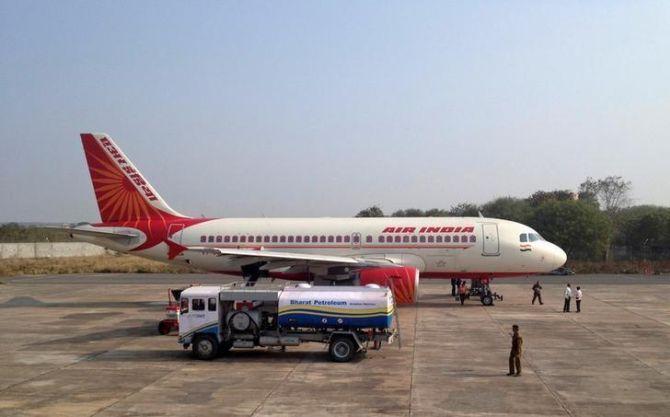An Air India pilots' grouping has raised fatigue concerns in the wake of flight crew rosters generated using a new rostering tool, saying that extended waiting periods between duty time will jeopardise crew alertness and performance.

"Extended waiting periods, occurring before active flight duties, run counter to enhancing crew readiness and, in fact, contribute to the accumulation of fatigue over time," the Indian Pilots Guild (IPG) has said.
In a letter to Air India head of safety Henry Donohoe last week, IPG said it has been recently observed that the relentless pursuit of operational efficiency and economic gains has led to an unintended overshadowing of the primary intent behind Flight Duty Time Limitations (FDTL) regulations.
The Flight Duty Time Limitation (FDTL) are laid down by the Directorate General of Civil Aviation to ensure adequate res timings for pilots and cabin crew staff.
The issue of fatigue among pilots is in focus following the death of an IndiGo pilot recently.
The pilot collapsed and died at the boarding gate at Nagpur airport last week as he was preparing to operate a flight from that city to Pune.
Expressing "deep concern" regarding the recent rosters generated by the Jeppesen rostering tool used by Air India, the IPG said, "we must address this specific issue as it pertains directly to flight safety and the well-being of both our esteemed flight crew and valued passengers".
The concern primarily revolves around the recently assigned rosters for the Airbus 320 involving extended waiting periods at the airport between flights, IPG said and added that "one's ability to perform optimally during flight is influenced by factors such as adequate rest, effective fatigue management, and overall physical well-being".
IPG alleged that the rostering approach yields a dual negative impact and not only "compromises with safety but also harbours sentiments of neglect and humiliation among our uniformed crew members".
According to the letter, instances of prolonged waits at airport eateries, departure halls, and various terminal areas for hours between flights are observed with "alarming frequency".
FDTL norms are implemented to mitigate the risks associated with fatigue-induced errors and to uphold an unwavering standard of flight safety, it noted.
However, the grouping said, "the current practice of scheduling extended waiting periods within flight duty periods undermines the very essence of these regulations, jeopardising crew alertness and performance".
"In light of these concerns, we earnestly request the elimination of these gaps within duty schedules and urge for pilots and crew to be rostered such that flight time is aligned as closely as possible with the flight duty period," it said.
Further, IPG said that implementing these modifications would uphold the principles of safety and fatigue management, thereby ensuring the well-being of our crew members and the commitment to our passengers' safety.











 © 2025
© 2025